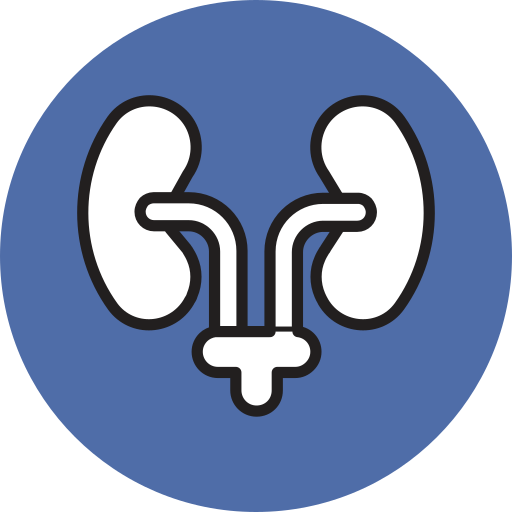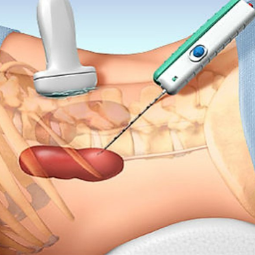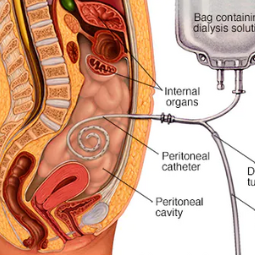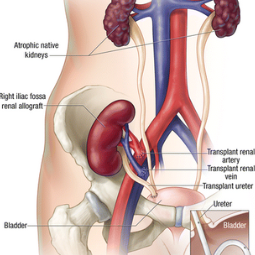- Home
- About
- Hospitals
-
Treatments
- Orthopedic & Spine
- Knee Replacement
- Carpal Tunnel Release
- Rotator Cuff Repair
- Meniscus Repair / Meniscectomy
- Total Hip Replacement (THR)
- Total Shoulder Replacement
- Arthroscopy
- Ligament Reconstruction
- Spinal Fusion
- Discectomy
- Laminectomy
- Spinal Decompression
- Vertebroplasty and Kyphoplasty
- Fracture Repair
- ACL Reconstruction
- Tendon Repair
- Osteotomy
- Amputation
- Pediatric and Adult Cardiac
- Neuroscience
- Oncology
- Nephrology & KTP
- Gastroenterology & Hepatobiliary
- Obstetrics and Gynaecology
- Infertility
- Dental & Maxillofacial
- Plastic & Cosmetic Surgery
- Rhinoplasty
- Blepharoplasty (Eyelid Surgery)
- Facelift (Rhytidectomy)
- Breast Augmentation (Mammoplasty)
- Breast Reduction (Mammoplasty)
- Breast Lift (Mastopexy)
- Liposuction
- Abdominoplasty (Tummy Tuck)
- Brazilian Butt Lift (BBL)
- Lip Augmentation
- Breast Reconstruction
- Cleft Lip and Palate Repair
- Scar Revision
- Burn Reconstruction
- Botox Injection
- Ophthalmology
- Otolaryngology (ENT)
- Endocrinology
- General and Minimal Invasive Surgery
- Pulmonology
- Rheumatology
- Urology
- General Medicine
- Ayurvedic Treatment
- Orthopedic & Spine
- Doctors
- Contact Us
Nephrology & KTP
Nephrology is a
medical specialty that focuses on the diagnosis and treatment of kidney-related
diseases and disorders. Nephrologists are medical doctors who specialize in
nephrology and are experts in managing conditions that affect the kidneys. The
kidneys play a vital role in maintaining the body's overall health by filtering
waste products and excess fluids from the blood, regulating blood pressure,
electrolyte balance, and acid-base balance.
Nephrologists are trained to diagnose and manage a wide range of
kidney-related issues, including:
Chronic Kidney Disease (CKD):
Nephrologists assess and manage patients with reduced kidney function over
time. They help slow the progression of CKD and manage associated
complications.
Acute Kidney Injury (AKI): Nephrologists are involved in the management of sudden and severe
kidney function decline, which can result from various causes such as
infections, medications, or dehydration.
Hypertension (High Blood Pressure): Kidneys play a significant role in regulating blood pressure, and
nephrologists are experts in managing hypertension, especially when it is
related to kidney disease.
Kidney Stones: Nephrologists can diagnose and provide treatment options for kidney
stones, which are mineral deposits that form in the kidneys and can cause pain
and other complications.
Electrolyte and Acid-Base Disorders: They manage imbalances in electrolytes (sodium, potassium, calcium,
etc.) and acid-base balance, which can have serious health consequences if not
properly regulated.
Glomerulonephritis: This term refers to a group of kidney diseases that affect the
glomeruli, the tiny filtering units in the kidneys. Nephrologists diagnose and
treat various forms of glomerulonephritis.
Kidney Transplantation: Nephrologists are often involved in the care of patients before and
after kidney transplant procedures, helping to ensure the success of the
transplant and the ongoing health of the transplanted organ.
Nephrologists use a combination of medical history, physical
examination, laboratory tests, imaging studies, and other diagnostic methods to
evaluate kidney function and determine the appropriate treatment for their
patients. They may recommend lifestyle changes, medications, dialysis, or
kidney transplantation, depending on the specific condition and its severity.
Nephrology is a critical medical specialty that plays a vital role in managing
kidney health and related conditions.








.png)